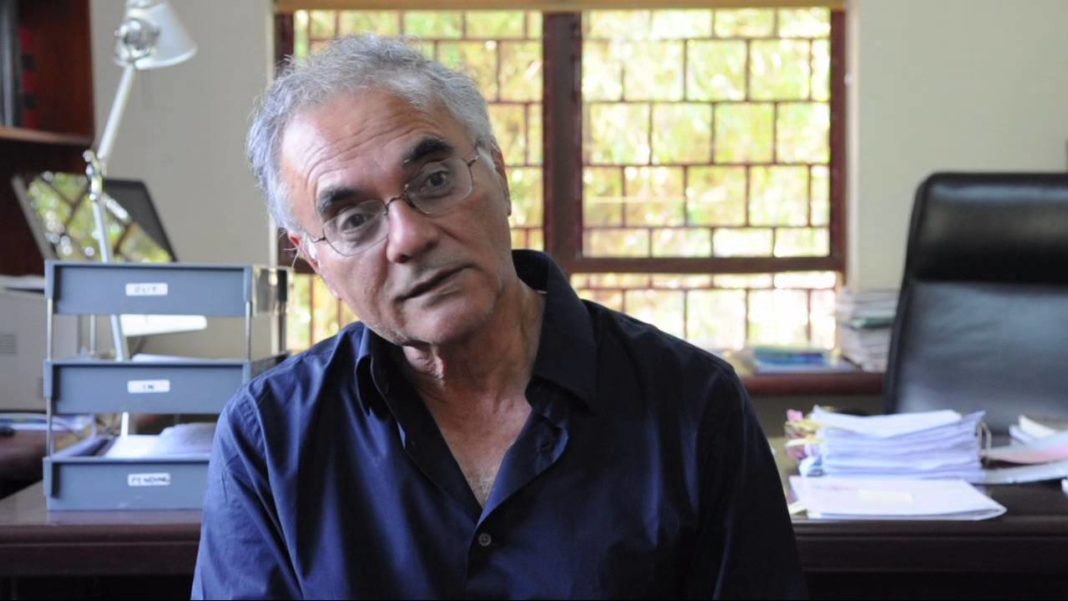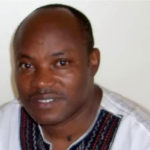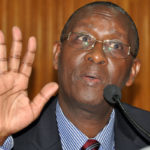Ugandan academic Professor Mahmood Mamdani returned to the University of Cape Town’s Centre for African Studies (CAS) as an honorary professor, almost 20 years after he left owing to a disagreement with his faculty.
His return to UCT has been hailed as “institutionally historic” and marking a significant step on the university’s path towards decolonising the institution.
In a statement last week, Professor Lungisile Ntsebeza, CAS director, said: “This appointment is particularly exciting and profoundly significant in light of the pressure from the student movements since March 2015 for the University of Cape Town (UCT) to be decolonised and to fundamentally transform its curricula, with numerous references by student leaders to the relevant scholarship of Mamdani.”
Mamdani was appointed as the AC Jordan chair of African Studies at the University of Cape Town in 1996 and became director of CAS in early 1997. However, he left the institution in 1998 following a fall-out with his faculty over its rejection of a faculty-wide foundation course on Africa that he was asked to develop.
His departure and the events leading up to it became known as the “Mamdani Affair” and still serve as a critical reference point in South African debates about institutional transformation.
In what is described in the CAS statement as a “profoundly historic occasion for both CAS and UCT”, Mamdani returned to UCT to deliver the TB Davie Memorial Lecture on August 22, 2017.
“His lecture – titled ‘Decolonising the Post-Colonial University’ and delivered to a much inspired, excited and indeed provocative and engaged audience of hundreds of students, staff and workers – brought to the public space the vital debates that are currently intensely reverberating across South Africa’s higher education institutions,” the statement said.
Ntsebeza said Mamdani’s course titled ‘Problematising the Study of Africa’ had been rejected by a “white-dominated faculty”. This had led to Mamdani’s public critique that UCT was promoting “Bantu Studies” and “South African exceptionalism” as “African Studies”.
“The appointment of Mamdani as honorary professor in CAS is therefore nothing less than institutionally historic,” he said.
In 1998 Mamdani accused his faculty of presenting a colonial view of Africa from both a spatial and social perspective; drawing on a limited set of disciplinary perspectives; reinforcing a racial reading of Africa by not incorporating African intelligentsia in core readings and relying instead on the American academy’s perspectives on African studies; and presenting a racial periodisation of African history leading to the concluding logic: “disintegration following the departure of the white man”.
However, according to Ntsebeza, almost two decades later, “the core African Studies course he argued for … was successfully implemented as a core course at postgraduate level in African Studies, and much of the themes within his scholarship have been introduced in the highly successful foundational African Studies major first rolled out in 2017.”
Once voted the world’s ninth most important public intellectual by the US’s Foreign Policy and the UK’s Prospect magazines, Mamdani is currently director and professor of the Makerere Institute of Social Research at Makerere University and Herbert Lehman Professor of Government in the departments of Anthropology, Middle Eastern, South Asian, and African Studies (MESAAS), Political Science and School of International and Public Affairs at Columbia University, New York, where he was also director of the Institute of African Studies from 1999 to 2004.
His texts have been core readings for undergraduate and postgraduate studies at UCT and far beyond on the major debates on the study of African history and politics, exploring the intersection between politics and culture, comparative studies of colonialism, civil wars and the state, and genocide in Africa.







